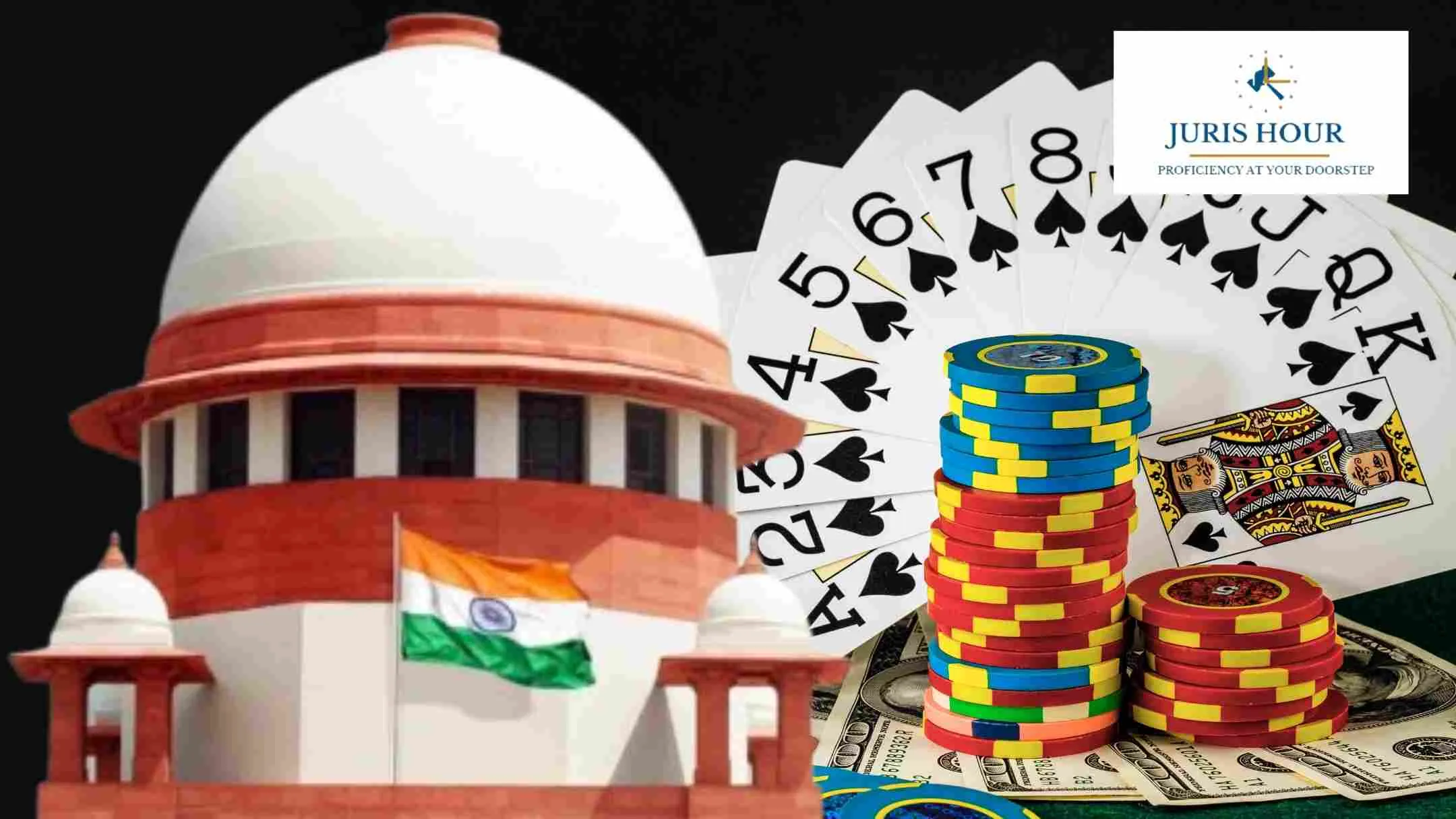The Supreme Court continued hearing a batch of petitions filed by casino operators challenging Rule 31A(3) of the Central Goods and Services Tax (CGST) Rules, 2017. The rule mandates levying GST on the entire face value of bets placed by players, a provision the petitioners argue is arbitrary, excessive, and violative of constitutional principles.
The bench of Justice JB Pardiwala and Justice R. Mahadevan heard detailed submissions from Senior Advocate Kavin Gulati, who appeared on behalf of MV Majestic Pride, a vessel-based casino operating in North Goa. Gulati contended that Rule 31A(3), introduced on January 23, 2018, lacks any reasonable nexus with the taxable event under GST law—the actual supply of services.
“Casinos are being taxed not on what they earn, but on the total amount wagered by customers, most of which never becomes their income,” argued Gulati.
He explained that GST is being levied on the gross value of bets made using chips—issued against player deposits and returned at the end of sessions—regardless of whether the casino earns any revenue.
In a striking example presented to the Court, it was shown that a customer who brings in ₹1 lakh and places multiple bets using the same chips, but ultimately exits with no winnings or losses, would still result in a GST liability of ₹28,000 for the casino. “This is taxation on turnover that doesn’t represent income,” Gulati submitted.
Gulati emphasized that unlike lotteries or fixed-price services such as airline tickets or insurance, casino gaming is fluid and continuous. Players reuse chips, move between tables, and re-bet winnings, making it practically impossible to track each wager. In this context, pegging GST to the total face value of all bets is not only unfeasible but unjust.
He further highlighted the absence of a clear mechanism within the CGST framework to accurately compute the cumulative bet value. As a result, authorities rely on estimated ‘house margins’ or ‘hold ratios’—approaches that vary widely across cases, creating inconsistency and arbitrariness in tax assessments.
Drawing from financial data, Gulati informed the Court that for FY 2018–19, Golden Peace Infrastructure posted a gross gaming revenue (GGR) of ₹147.08 crore. After expenses and taxes, the net profit stood at ₹14.92 crore. However, under Rule 31A(3), the GST demand was ₹228.79 crore—far exceeding the company’s entire revenue. With interest and penalties, the total liability surged to ₹756 crore.
“This is a textbook case of confiscatory taxation,” he argued. “An effective tax rate exceeding 150% of revenue is not just financially ruinous but constitutionally indefensible, particularly when Section 9 of the CGST Act caps the GST rate at 20%.”
Senior Advocate Tarun Gulati, representing other casino operators including Golden Peace Hotels and Resorts Pvt. Ltd., added that the present taxation framework treats casinos as if they retain the entire bet amount. In reality, they only earn a portion of it—the GGR—after paying out winnings. He pointed out that in several scenarios, casinos may even incur losses while still being subjected to high GST liabilities.
To illustrate, Gulati described a scenario where 50 players each purchase chips worth ₹1,000 (₹50,000 in total) and cumulatively place bets worth ₹10 lakh. If players win ₹20,000 more than they started with, the casino ends up with a net loss, yet still owes ₹2.8 lakh in GST under current rules—over 14 times its actual income.
He invoked the legal principle of “diversion of income by overriding title,” asserting that since casinos are legally obligated to return wagers and pay out winnings, the full bet value should not be treated as taxable consideration under GST.
Tarun Gulati also referenced the findings of the Group of Ministers (GoM) constituted by the GST Council, which had acknowledged the impracticality of taxing every round of gameplay or applying GST on the total bet value. The GoM had recommended that chips be treated as prepaid instruments with GST applied at the point of issuance—a more rational and workable approach.
The bench adjourned the matter for further hearing on July 23. The case is being closely watched by the gaming and hospitality sectors, given its potential implications for taxation of skill-based and chance-based gaming under India’s GST regime.
Case Details
Case Title: DGGI Versus Gameskraft Technologies Private Limited & Ors.
Case No.: Special Leave to Appeal (C) No(s). 19366-19369/2023
Read More: Ranya Rao’s Detention Under Scrutiny: Karnataka High Court to Rule on Legality of COFEPOSA Action

